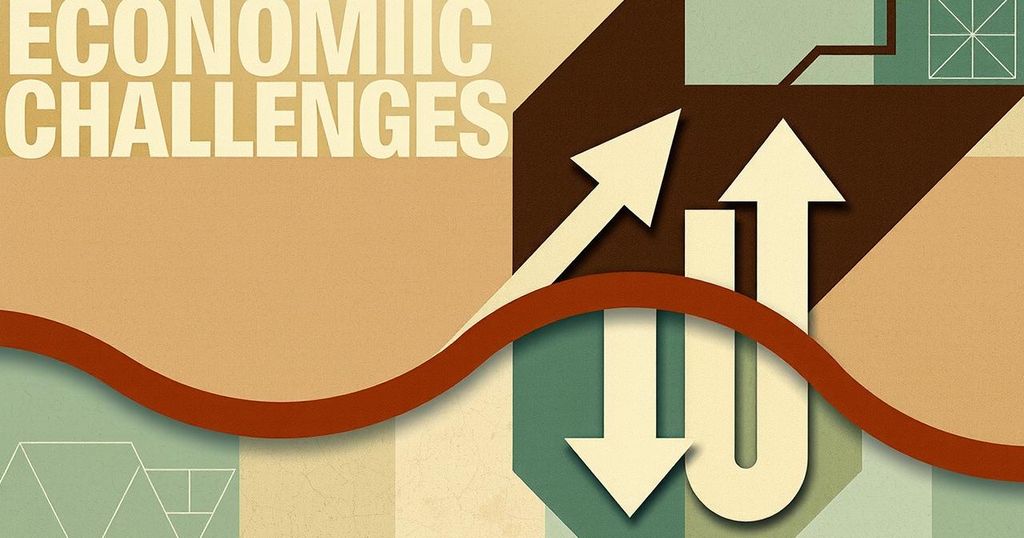Ghana’s economic situation is under scrutiny due to rising fiscal challenges and over GH¢57 billion in arrears. With an important IMF review approaching in April, the government must demonstrate effective management of public debt and energy sector issues while maintaining fiscal discipline to secure international support.
Ghana’s economic management is currently facing rigorous evaluation due to increasing difficulties in achieving fiscal targets. The revelation of over GH¢57 billion in arrears raises significant concerns, potentially straining the nation’s relationship with the International Monetary Fund (IMF). The anticipated IMF review in April represents a vital opportunity for the government to showcase its economic stewardship and secure necessary international support.
Several key challenges threaten the stability of Ghana’s economy:
– Public Debt: Currently standing at GH¢726.7 billion, representing 61.8% of GDP.
– Arrears: Totaling GH¢67.5 billion, including GH¢21 billion owed to road contractors.
– Energy Sector Shortfalls: Projected deficits reaching GH¢20.8 billion in 2024 and GH¢35 billion in 2025.
To combat these issues, the government has outlined a series of initiatives, including tax reforms, improved debt management, and enhanced fiscal discipline. The efficacy of these strategies will depend heavily on their implementation and adherence to sound financial practices.
The forthcoming IMF review in April constitutes a decisive period for Ghana’s economy. The government must affirm its dedication to fiscal discipline, effective management of public debt, and essential economic reforms. A failure to meet these standards could jeopardize the IMF program, leading to significant repercussions for Ghana’s economic landscape.
Immediate actions are imperative for the government to address these pressing economic challenges, which include:
– Improving fiscal discipline through reduced government expenditures and better procurement systems.
– Strategically managing public debt by creating financial buffers and optimizing repayment schedules.
– Reforming the energy sector to decrease existing deficits.
The trajectory of Ghana’s economy is precariously dependent on the government’s ability to confront these challenges promptly and effectively, underscoring the crucial need for commitment to substantial economic reform and fiscal responsibility.
In summary, Ghana is facing significant economic challenges that jeopardize its fiscal targets and relationship with the IMF. As the April review approaches, the government must demonstrate strong fiscal discipline and implement necessary reforms in public debt management and the energy sector. The actions taken at this critical juncture will determine the future stability of Ghana’s economy and its prospects for international support.
Original Source: 3news.com






